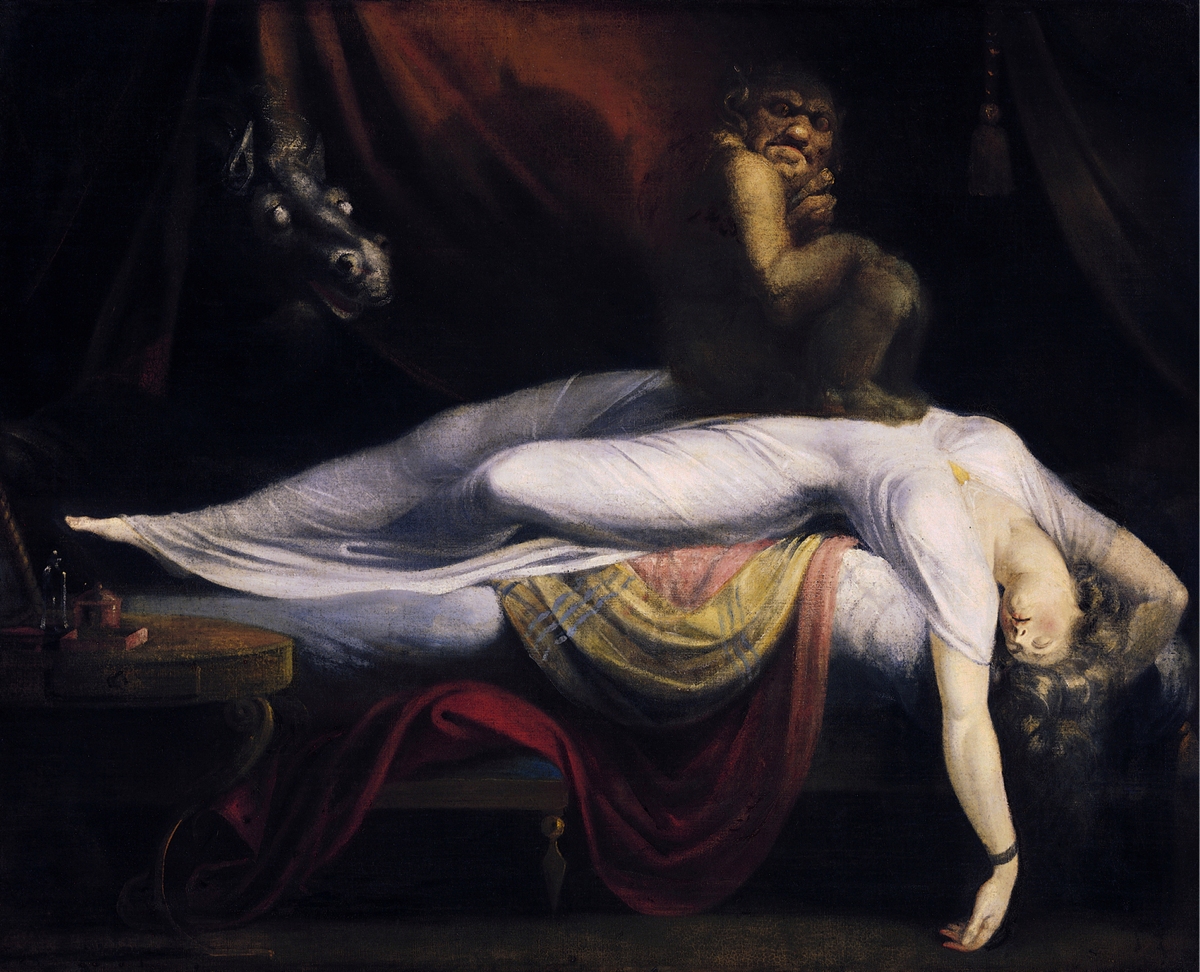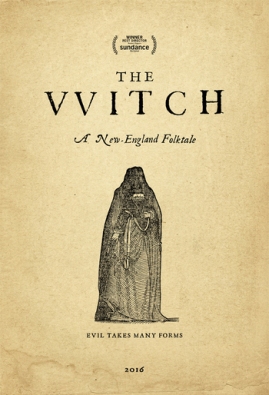Simon Cropp
Apparatus theory is a film theory that gained popularity in the 1960s and 70s, and while it has many names attached to it–Althusser and Lacan for example–it is Jean-Louis Baudry’s “The Apparatus” that provides perhaps the strongest singular position on apparatus theory.
The theory itself is Marxist in nature–and it maintains an audience complicity with what is seen and absorbed from the film screen. For many of the theorists who explored cinema through apparatus theory, the audience would largely be made up of the proletariat, and the film would likely have been constructed through the institutional forces of the capitalist superstructure thus perpetuating the ideological foundations of those in power.
For Baudry, the film becomes much like Plato’s allegory of the cave. The viewers are transfixed in a dark place, haunted by images on a screen they cannot fully understand, but the viewers forget themselves in this moment. They become part of what they see on the screen. No longer is the viewer his or herself, but now he is transfixed on the screen–a piece of the ideology at play (Baudry 111).
Our discussion of The Third Man in class on Thursday led me back to Baudry’s view of film and apparatus theory. The spectator as a prisoner to ideology was a powerful concept to me when I first came across it, and I consider this theory to be at work in interesting ways when Martins meets Lime at the Prater amusement park, and they take their infamous Ferris wheel ride. I searched for this theory during class, but it had been too long since I had studied it. I needed to go back and read Baudry’s article again, but as I went over the text, the connections came back.
The director Carol Reed positions the camera at the base of the wheel early in the scene, so we, the viewer, are looking up at the massive structure. This framing is very much in line with Baudry’s apparatus theory–we don’t often realize how complicit we are–as viewers–with the film’s ideological functions. Reed positions us at the base of the wheel with all of Lime’s “dots.” We don’t realize this is happening, especially if we are the intended viewer of this film–the ones who saw it originally. Locked in a dark theater with a massive screen looming in front of us.

It is not until Reed takes us to the top of the wheel, puts us into the position of power with Lime that he subverts the ideological function of the film industry’s hegemonic role in culture. Reed’s positioning of Lime’s monologue against the proletariat, but also positioning Lime in such a negative light–literally and figuratively–creates an inverted ideological structure of the powerless assuming a role of the all-seeing eye.
In the case of this scene, and with Baudry’s apparatus theory at our disposal, what becomes fascinating, is the viewer functions as the film’s third man. We are complicit now with Martins, and whatever ideology he takes from his time with Lime is the ideology we inherit as well.
Works Cited
Baudry, Jean-Louis. “The Apparatus.” Communications, no. 23, 1975, pp. 56-72. Duke University Press, Summon, cameraobscura.dukejournals.org.unco.idm.oclc.org/search?author1=Baudry&fulltext=The%20Apparatus&pubdate_year=1976&volume=&firstpage=104&submit=yes. Date accessed 22 Oct. 2016.







 world of independent movies with the release of 2015’s horror film The Witch. Whether or not director Robert Eggers is a closet Lolly Willowes fan is not worth the debate, but the thematic core of his film is remarkably similar to Warner’s classic text. While vastly different in tone, Eggers presents his viewers with a young female protagonist named Thomasin who is the oldest daughter in a family run by a strict, puritan patriarch. Her father’s adherence to religious doctrine places Thomasin in the role of serving her family with no regard for herself. When her father decides the seventeenth-century puritan village they live in is not holy enough, he moves his small family deep into the woods to be closer to God. Instead, Thomasin and her family find themselves overcome by a series of tragic events that could be due to nature, madness, or perhaps a haunting by a witch who lives in the woods.
world of independent movies with the release of 2015’s horror film The Witch. Whether or not director Robert Eggers is a closet Lolly Willowes fan is not worth the debate, but the thematic core of his film is remarkably similar to Warner’s classic text. While vastly different in tone, Eggers presents his viewers with a young female protagonist named Thomasin who is the oldest daughter in a family run by a strict, puritan patriarch. Her father’s adherence to religious doctrine places Thomasin in the role of serving her family with no regard for herself. When her father decides the seventeenth-century puritan village they live in is not holy enough, he moves his small family deep into the woods to be closer to God. Instead, Thomasin and her family find themselves overcome by a series of tragic events that could be due to nature, madness, or perhaps a haunting by a witch who lives in the woods. So when The Witch begins with Thomasin’s father, William, delivering a speech before his friends, neighbors, and perhaps family, that he has presumably traveled from England with to start life anew, the meaning of the speech has particular relevance given Felski’s and Goodman’s context. William says in the opening of the film, “What went we out into this wilderness to find? Leaving our country, kindred, our fathers’ houses? We have travailed a vast ocean. For what? For what? What went we out into this wilderness to find? Leaving our country, kindred, our fathers’ houses? We have travailed a vast ocean. For what? For what? . . . Was it not for the pure and faithful dispensation of the Gospels, and the Kingdom of God?” Here seems to stand a man who does not understand the method and practice of those he thought he knew. So William takes his family and moves them deep into the New England countryside to find a more pure way toward “the Kingdom of God.”
So when The Witch begins with Thomasin’s father, William, delivering a speech before his friends, neighbors, and perhaps family, that he has presumably traveled from England with to start life anew, the meaning of the speech has particular relevance given Felski’s and Goodman’s context. William says in the opening of the film, “What went we out into this wilderness to find? Leaving our country, kindred, our fathers’ houses? We have travailed a vast ocean. For what? For what? What went we out into this wilderness to find? Leaving our country, kindred, our fathers’ houses? We have travailed a vast ocean. For what? For what? . . . Was it not for the pure and faithful dispensation of the Gospels, and the Kingdom of God?” Here seems to stand a man who does not understand the method and practice of those he thought he knew. So William takes his family and moves them deep into the New England countryside to find a more pure way toward “the Kingdom of God.”


 reason I didn’t want to vote for Hillary Clinton can only boil down to one, singular fact: she is a woman. While embarrassed, humiliated (and uncertain if I even want to share this horrible story) by this fact, I am glad I figured it out. I’m glad I’m over that oppressive line of thinking, and I hope this allows me to be more introspective in the future.
reason I didn’t want to vote for Hillary Clinton can only boil down to one, singular fact: she is a woman. While embarrassed, humiliated (and uncertain if I even want to share this horrible story) by this fact, I am glad I figured it out. I’m glad I’m over that oppressive line of thinking, and I hope this allows me to be more introspective in the future.


You must be logged in to post a comment.